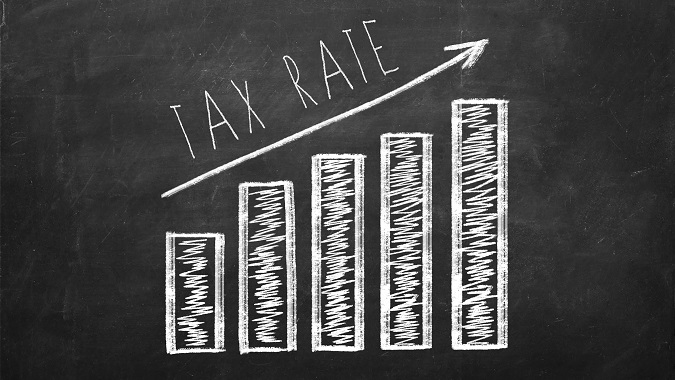Higher earners are being warned not to fall foul of the ‘60% tax trap’ that could eat significantly and perhaps unnecessarily into their earnings.
This will not affect everyone, of course, but as of April, the additional rate tax threshold for income tax was reduced from £150,000 to £125,140, dragging more people into the higher rate tax band of 45%.
Everyone currently has a Personal Allowance of £12,570 which is the amount you can earn per year without paying tax. The Basic Rate is £12,571 to £50,270 and taxed at 20%.
The Higher Rate runs from £50,271 to £125,140 and is 40% tax, while anything above that is taxed at 45%.
Due to the freeze on Personal Allowances being extended until 2028 and the Higher Rate, some three quarters of a million extra taxpayers could be pulled into the ‘60% tax trap’ by 2028, The Telegraph has reported.
So what is this? The Personal Allowance begins to reduce at a rate of £1 for every £2 of earnings above £100,000. By the time earnings have hit £125,140 the Personal Allowance has tapered away to nothing.
As an example, if someone earned £100,000, but earned another £10,000 on top through extra salary or a bonus, that increment would be taxed at 40%, leaving them with £6,000.
But the extra earnings would also reduce their Personal Allowance by £5,000, meaning 40% tax would apply on that amount as well, equalling another £2,000 of tax. This leaves them with just £4,000, an effective 60% tax rate.
Admittedly this will not affect huge numbers of people but no one likes ‘working for nothing’ particularly if options exist to avoid the extra liabilities.
One way around this could be to pay into a pension through ‘salary sacrifice’. This is where you give up part of your salary in exchange for some other non-salary benefit, which could include pension contributions. Some employers will allow this, in which case there may be a saving on National Insurance which will automatically be passed on to you.
Another option could be to make a contribution into a personal pension, to gain a similar result but without the National Insurance contribution savings.
Making a pension contribution reduces the amount of taxable earnings that fall in the £100,000 to £125,140 bracket.
It is worth noting that paying more into a pension can also come with Inheritance Tax (IHT) benefits too.
Most types of pension are ignored for IHT calculation and payment purposes – as long as the scheme administrator has discretion over who receives pension death benefits, which most do.
A pension can also be inherited as a pension scheme by loved ones and remain IHT-free in their own estates.
As ever, it is strongly advised to seek professional financial advice before making major decisions on financial planning.





